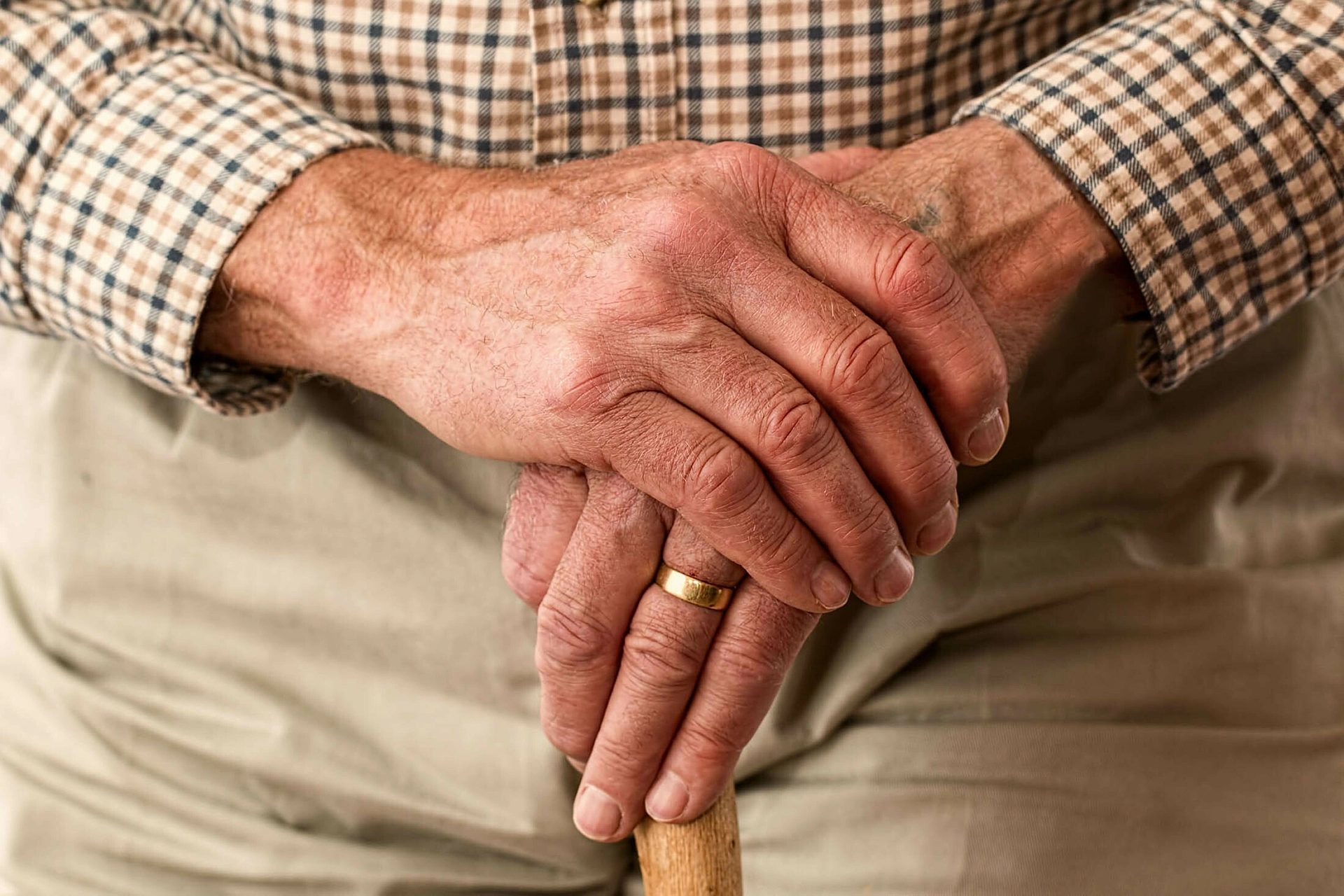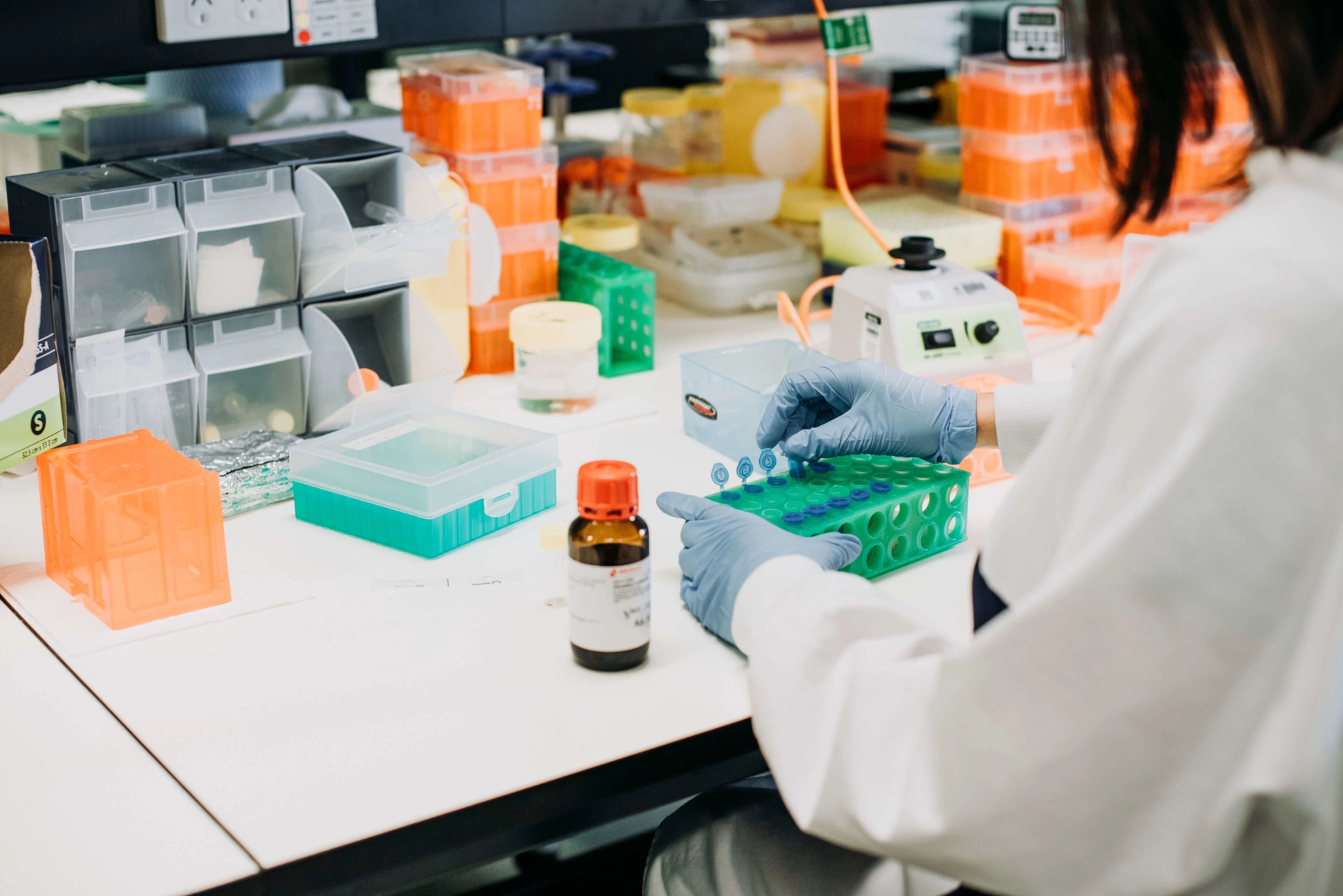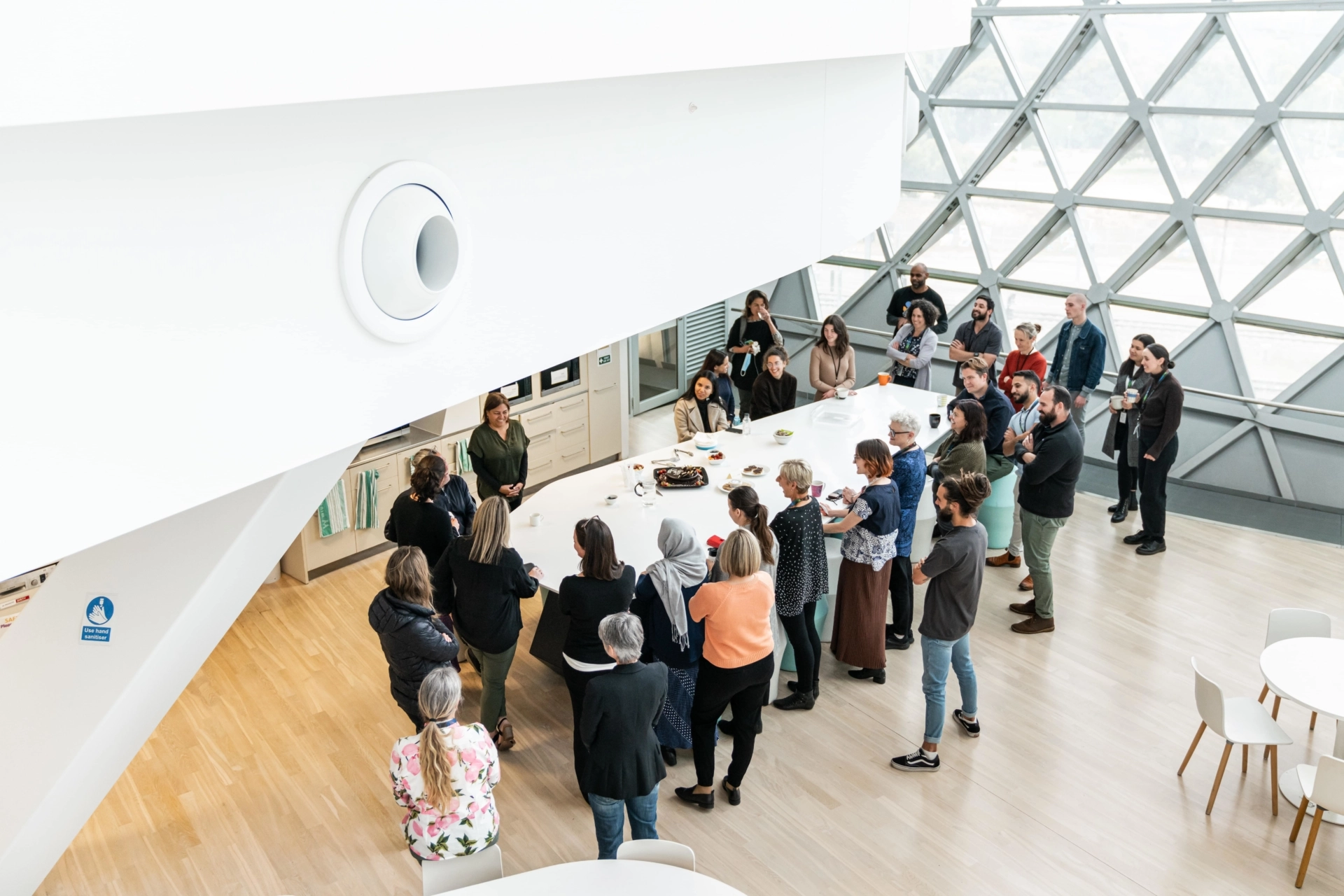Welcome to the GRACE Study
The GRACE study is a research project investigating resistant bacteria or 'superbugs' in residential aged care, that aims to improve the health of older Australians.
Working in partnership with aged care providers the GRACE study will, for the first time, map the existence and spread of resistant bacteria in aged care.
This study is coordinated by Professor Geraint Rogers.
Why is the GRACE study needed?
The Generating evidence on Resistant bacteria in the Aged Care Environment (GRACE) study, aims to investigate the carriage and transfer of resistant bacteria or “superbugs” in residential aged care. Funded by the National Health & Medical Research Council’s Medical Research Future Fund, this study will produce new evidence to help us to improve facility management, including cleaning and hygiene practices, to prevent the spread of harmful bacteria, and ultimately improve the health of aged care residents and the wider community. The GRACE study has been approved by the Southern Adelaide Clinical Human Research Ethics Committee.
| Ageing Population | By 2031, 21% of Australians will be aged over 65 years. Of these, 6% are expected to live in residential aged care, rising to 30% for individuals over 85 years. |
| Vulnerable to Infections | Aged care residents are susceptible to infections for a variety of reasons including a weaker immune system, residing in a close living environment and hospitalisations. |
| Over use of Antibiotics | In 2017 the Aged Care National Antimicrobial Prescribing Survey reported that more than half of antibiotic prescriptions were for residents with no signs and/or symptoms of infection. |
| Evidence of Superbugs | Infections caused by resistant bacteria in residents of aged care homes is on the rise both in Australia and internationally. |
Research overview
Antibiotics are our first line of defence against bacterial infections. Like all living things, bacteria evolve to survive. Some bacteria have evolved to resist antibiotics. Antibiotic resistant bacteria, or “superbugs” as they are sometimes known, pose one of the biggest threats to human health worldwide. If the rise and spread of superbugs continue at the current rate, common infections will become untreatable and medical procedures, such as minor surgery, will be unsafe. Experts believe that improving antibiotic prescribing practices and infection prevention and control techniques are critical in reducing the rise and spread of resistant bacteria, but more evidence is needed to best target efforts and resources in different settings.
Residential aged care plays an essential role in caring for older Australians. Aged care facilities support the health care, lifestyle and accommodation needs of older people who are unable to continue living independently in their own homes. While antibiotic resistant bacteria can be found everywhere, they are a concern within residential aged care facilities. Frailty and reduced immunity experienced by older people, coupled with high rates of antibiotic treatment and the potential for transfer between residents, are thought to all contribute to resistant bacteria.
The GRACE study will answer four important questions:
- What types of resistant bacteria are common within aged care facilities?
- How are resistant bacteria spread within aged care facilities?
- Do hospital visits influence the risk of carrying resistant bacteria?
- Do ageing-associated changes in gut health influence the risks from resistant bacteria?
In partnership with Eldercare, Life Care, Resthaven and Helping Hand the study will take place across several aged care facilities in South Australia. All people living in these facilities will be invited to participate in the study. People who consent to participate in the GRACE study will be asked for a throat swab and a sample of their stool. This is so we can identify potentially harmful and resistant bacteria that might be harboured in the throat or the gut. The study will also collect information about participants’ medical history and healthcare needs. We will also take environmental swabs from participants’ rooms and common areas around the facility. The purpose of this is so we can identify potential sources and transmission routes of resistant bacteria.
Analysis of bacterial DNA from all samples collected will be carried out at the SAHMRI Microbiome laboratory at Flinders Medical Centre. Using a new method called metagenomic sequencing, we will be able to determine all bacteria that are present and whether they carry resistance genes. This is a novel approach to investigating resistant bacteria in an aged-care setting, which, combined with participant and environmental data, will allow us to better understand potential causes, sources and transmission routes of resistance.
Our Team
The GRACE study team comprises of experts working in research and clinical care, from SAHMRI and Flinders University in Australia.

Professor Geraint Rogers
Chief Investigator
geraint.rogers@sahmri.com
08 8204 7614
Director, Microbiome Research, South Australian Health andMedical Research Institute; Professor, Flinders University School of Medicine
Professor Rogers is a molecular microbiologist and microbial ecologist. He is the Director of Microbiome Research at SAHMRI, leads a laboratory based within the Flinders University School of Medicine, and is supported by a Matthew Flinders Research Fellowship. His research programme focuses on the contribution of human-associated microbiota to health and disease.

Erin Flynn
Study Coordinator
erin.flynn@sahmri.com
08 8128 4066
Senior Research Officer, Microbiome Research, South Australian Health and Medical Research Institute; Master of Philosophy Applied Epidemiology (MAE) Scholar
Erin is a public health researcher with extensive experience conducting research in low and middle-income countries. Erin has supported research on environmental hygiene, including hygiene practices during labour, delivery and postnatal care. She has also worked as a registered nurse in Australia.

Professor Steve Wesselingh
Investigator
Executive Director, South Australian Health and Medical Research Institute (SAHMRI); Professor, Flinders University; Dean of the Faculty of Medicine, Nursing and Health Sciences, Monash University
Professor Wesselingh is SAHMRI’s inaugural Executive Director. He is an infectious diseases physician and researcher in neurovirology, HIV and vaccine development. He has consistently worked towards the integration of high-quality medical research with health-care delivery, leading to improved health outcomes for Australia and the poorly resourced countries of the region.
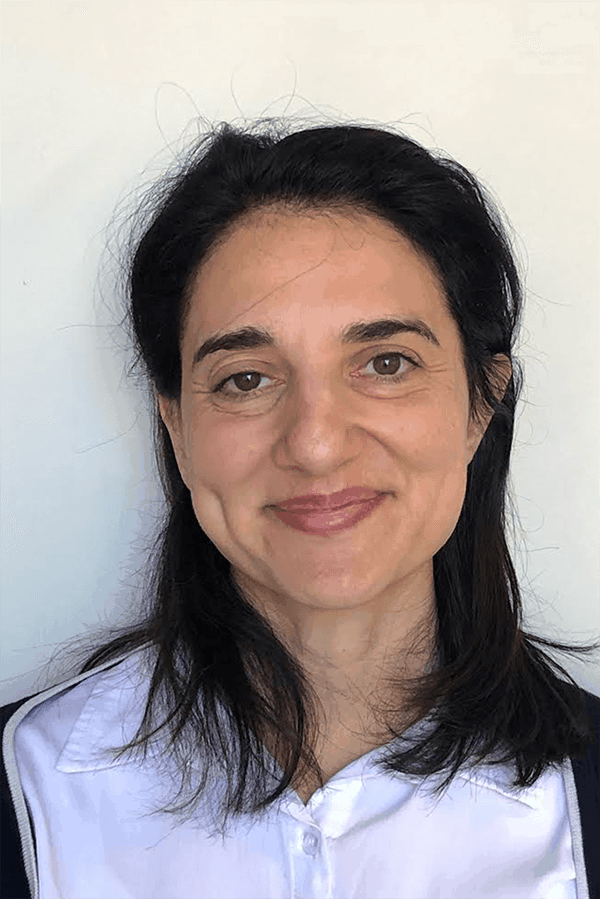
Dr Lito Papanicolas
Investigator
Senior Researcher (Practitioner Fellow), Flinders University & South Australian Health and Medical Research Institute; Infectious Diseases Consultant Physician, Royal Adelaide Hospital)
Dr Papanicolas is an infectious diseases physician and a clinical microbiologist. She is also a senior researcher based at SAHMRI and Flinders University where she is investigating the role of the gut microbiome in antibiotic resistance and infection.
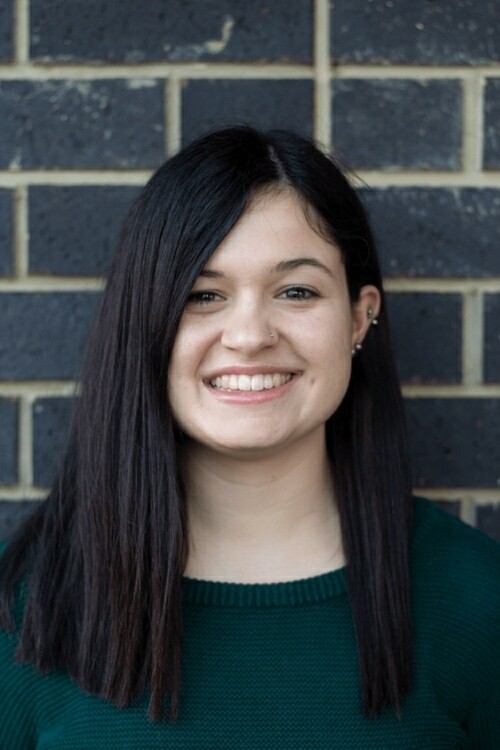
Dr Lucy Carpenter
Previous PhD Candidate
Previous PhD Candidate, Flinders University & South Australian Health and Medical Research Institute
Dr Carpenter is an early-career statistician with the Australian Bureau of Statistics. She was an integral member of the GRACE Investigator Group, having completed various analyses as part of her PhD studies at Flinders University.
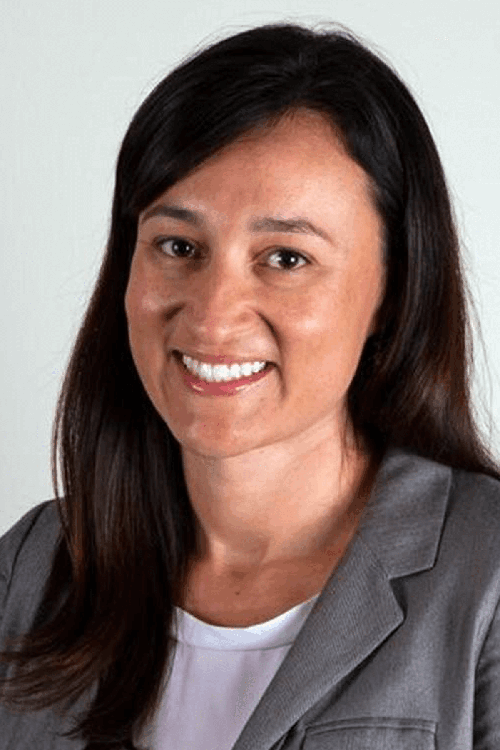
Professor Maria Inacio
Investigator
Director, Healthy Ageing Research Consortium Registry of Senior Australians (ROSA); Professor, University of South Australia
Professor Inacio is an epidemiologist with 14 years of experience developing and implementing registries and conducting population-based surveillance using large linked datasets. She is the director of Healthy Ageing Research Consortium Registry of Senior Australians (ROSA), a unique registry that allows evidence-driven decision-making to improve the lives of all Australians accessing aged care services.
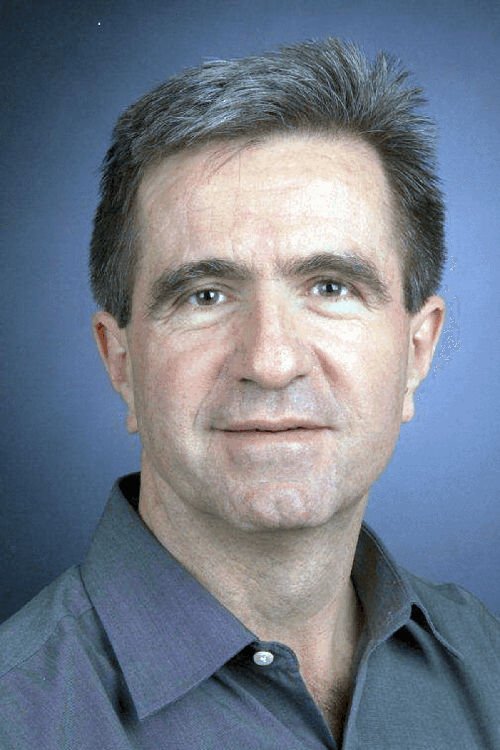
Professor David Gordon
Investigator
Professor,Microbiology and Infectious Diseases, Flinders University; Head of SA Pathology, Southern Adelaide Local Health Network; Principal Research Fellow, South Australian Health and Medical Research Institute
Professor Gordon is a clinician researcher and a leading specialist in infectious diseases and microbiology. He has previously conducted research on the epidemiology and transmission of MRSA infection in Adelaide nursing homes and he supervises the Microbiology laboratory at Flinders Medical Centre.

Professor David Lynn
Investigator
EMBL Australia Group Leader in Biomedical Informatics; Professor, School of Medicine, Flinders University
Professor Lynn is the EMBL Australia Group Leader and has worked extensively on bioinformatic tool development as well as experimental biology. His group investigates the impact of the microbiota in early-life on shaping the developing immune system, and how this influences responses to vaccination.
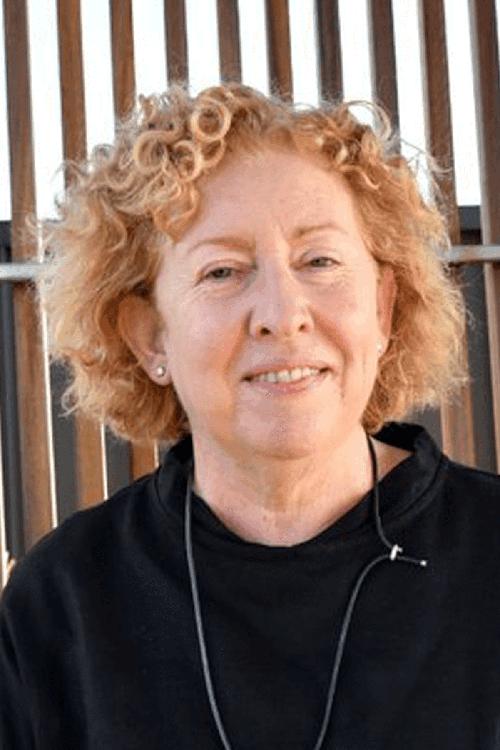
Professor Maria Crotty
Investigator
Professor of Rehabilitation, Aged & Extended Care, Flinders University; Director, Rehabilitation Medicine, Repatriation General Hospital
Professor Crotty is a rehabilitation physician and researcher who specialises in clinical trials in rehabilitation and aged care. Her research has provided evidence for new rehabilitation services and guidelines in different care settings.

Professor Craig Whitehead
Investigator
Director of Rehabilitation and Aged Care, Southern Adelaide Local Health Network
Professor Whitehead is a clinician and Director of the Rehabilitation, Aged, and Palliative Care for the Southern Adelaide Local Health Network. He specialises in transition care, home rehabilitation, dementia and aged care services.
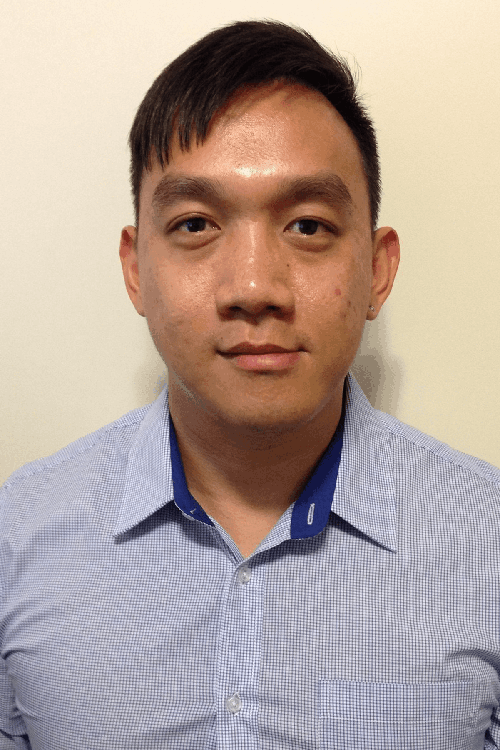
Dr Lex Leong
Investigator
Medical Scientist at SA Pathology
Dr Leong is an early-career microbiologist focused on anaerobic microbiology. Lex is interested in the human microbiome and the role played by individual micro-organisms in various ecosystems in humans.
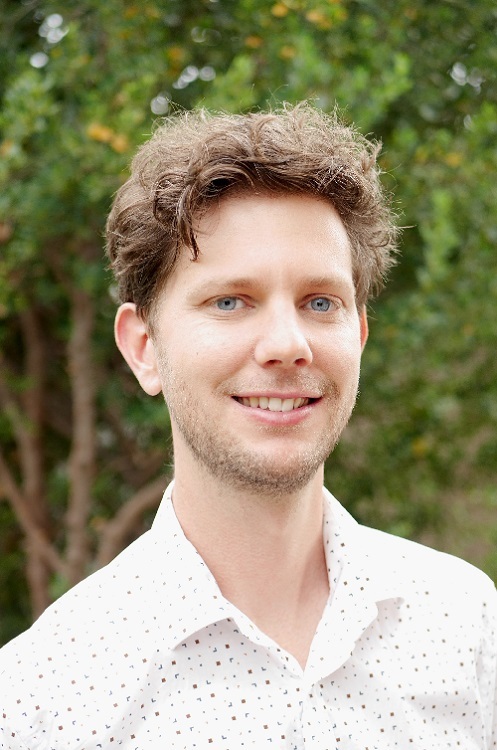
Dr Steven Taylor
Investigator
Postdoctoral Researcher, Flinders University & South Australian Health and Medical Research Institute
Dr Taylor leads the Respiratory Health Group within the Microbiome and Host Health Programme. He uses metagenomic sequencing and bioinformatic processing to identify host-microbe interactions related to lung disease.

Dr Andrew Shoubridge
Investigator
Postdoctoral Researcher, Flinders University & South Australian Health and Medical Research Institute
Dr Shoubridge is an early career postdoctoral researcher in the fields of microbiology and neurobiology. They received their PhD in the field of neuroscientific medical research in 2021 on the topic of neuronal morphology, function, and regulation in paediatric dementia. Their main interest is the rapidly growing area of microbiome-gut-brain interactions that could be lending to neurodegenerative disease.
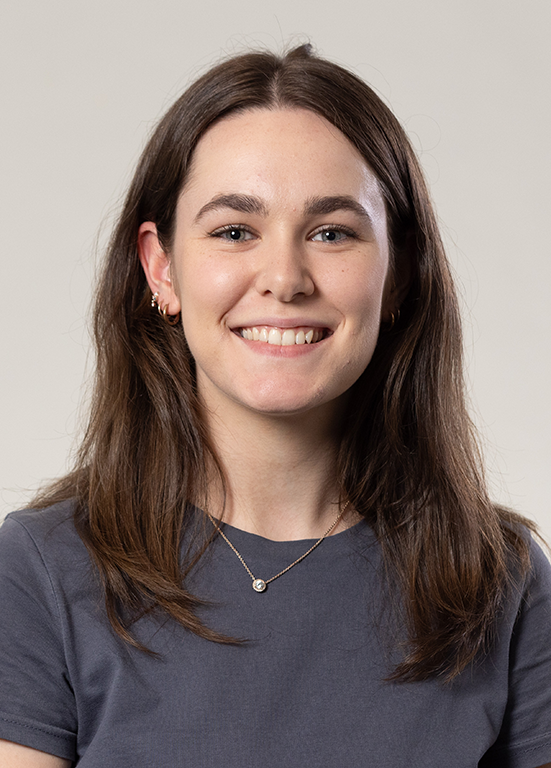
Sophie Miller
PhD Candidate
PhD Candidate, Flinders University & South Australian Health and Medical Research Institute
Sophie has completed a Bachelor of Medical Science and an Honours degree majoring in Medicine and Public Health. She is enrolled in a PhD at Flinders University.

Egi Vasil
PhD Candidate
PhD Candidate, Flinders University & South Australian Health and Medical Research Institute
Egi has completed a Bachelor of Science Honours (Kinesiology) at the University of Calgary. She is enrolled in a PhD at Flinders University.
Get in touch with us via email below or call (08) 8128 4066.
The GRACE study is part of the work undertaken at the South Australian Health & Medical Research Institute.

Our Study Partners

